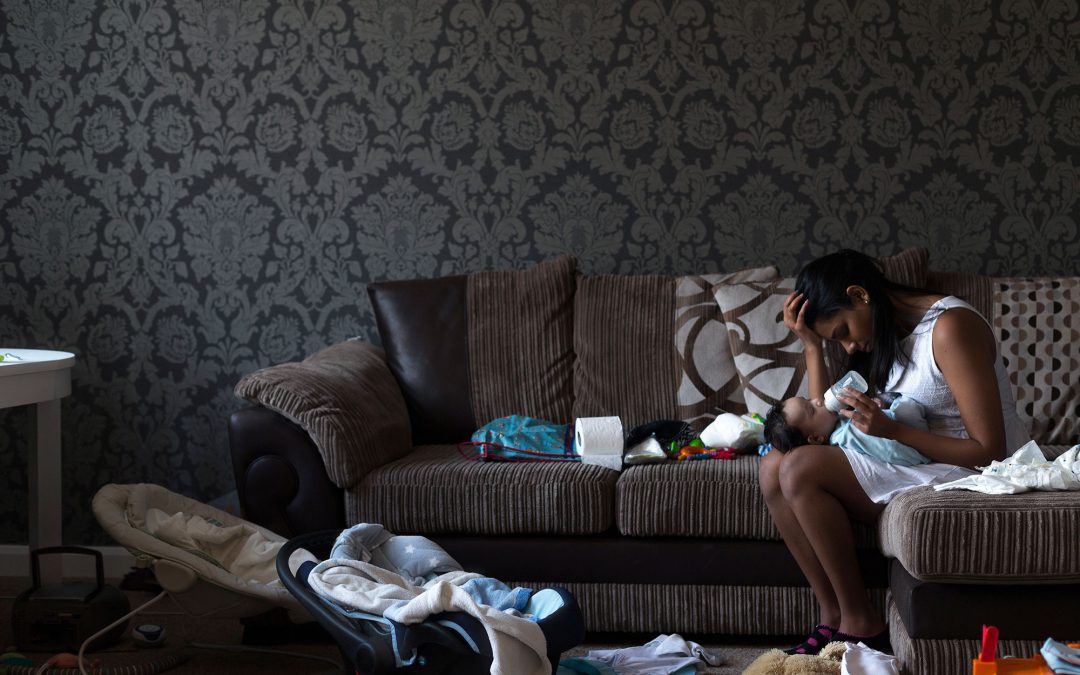Jenny Beck comments on breaches of professional code and best practice guidance in the new BBC drama
Legal aid cuts…false economy?
Legal aid for family law matters is in tatters. The Government is about to announce the results of its long-awaited review into The Legal Aid Sentencing and Punishment of Offenders Act. Nobody expects an injection of cash…but could the money spent on legal aid family law be spent smarter?
The cuts which came in five years ago have decimated the availability of legal aid for those with family law problems and the porosity of public information coupled with complex eligibility criteria has meant that, even where it is available, people often don’t know how to secure it.
The cuts themselves were especially crude. Huge swathes of case types were removed from scope without a proper understanding of the impact this would have on society. The question arises as to whether or not we could be spending the available money smarter.
My firm belief is that we could.
Campaigning in changes to legal aid has taken up a considerable proportion of my time since the 2012 cuts. Evidence based on data, anecdote and extensive research, demonstrates a frightening reality with devastating consequences for children and families.
As a direct consequence of the removal of early advice and funding for private law cases more cases are litigating, court time is being used poorly, Judges are finding themselves managing cases instead of using their time wisely for judicial decision making, numbers of people mediating have fallen off a cliff and the court system is being used by perpetrators of abuse to further abuse their victims. Meanwhile, those seeking contact with their children have unnecessarily long waits and are frustrated by an ineffective and poorly underfunded system providing a lottery for justice for families.
I think there could be a better way of spending the funds that are available in order to ensure overall savings for the state and a fairer system for everybody.
The reintroduction of early legal advice would assist people in being able to find more effective ways of resolving their family law disputes. Litigation should always be a last resort and rarely provides long term solution. Early legal advice and a better understanding of the factors at play and the importance of trying to avoid litigation wherever necessary would help. People could then consider their options and understand their rights in an informed way. They could choose a number of mechanisms for dispute resolution and many would be able to solve problems between themselves. Others may go on to mediate or negotiate sensible solutions diverting a significant number away from litigation.
Litigation is of course essential where a negotiated solution is not possible or where there is potential risk to either party or a child. Diverting resources away from litigation where possible would preserve the legal aid fund so that resources could be put into litigation where absolutely needed, for example, to represent both parties if there have been allegations of abuse which are denied. Having both parties represented in these situations will ensure that the party accused of violence or abuse will have equality of arms and the party alleging the abuse will not be further abused through the court process. A far fairer solution all round.
The government is reviewing the cuts made in 2012 and the review is a wide one. A more detailed mathematical assessment of this brief proposal has been put to them. It shows global savings can be made to the legal aid fund by reintroducing early legal advice for family clients and bringing back legal aid in all finance cases (subject to a means test), so that effectively legal aid becomes a loan to be repaid out of monies recovered or preserved. The savings made can be diverted to assist those currently marginalised and denied justice through the current system.
A more detailed look at the proposals can be found here.

Jenny Beck
Director
Jenny is an award-winning family lawyer, committed to accessible justice and the rights of the individual. She is an entrepreneurial business leader, successful in creating and running high performing teams.
She is the current Chair of:
Law Society’s Access to Justice Committee
The ABS and New Law Advisory Council
Co-chair of the Legal Aid Practitioners Group


Recent Comments